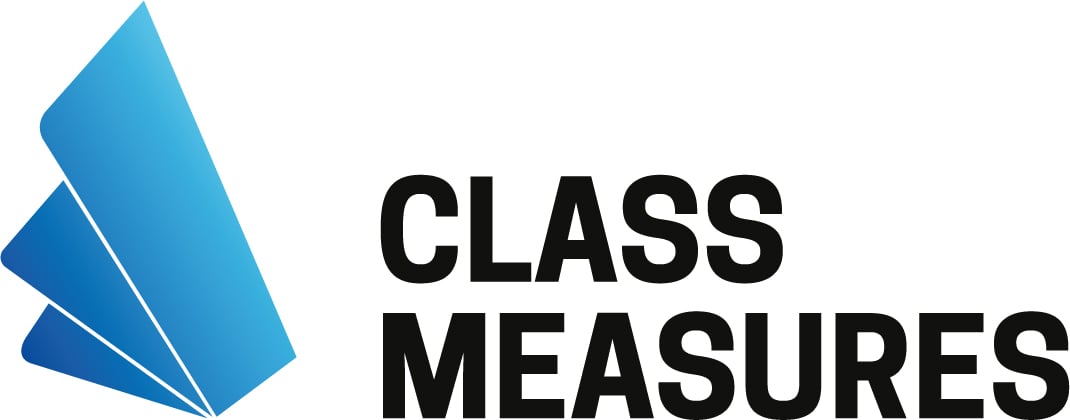Schools are adapting quickly to embrace new approaches to observation cycles that improve their effectiveness, whilst also aligning with their current remote or hybrid delivery.
While states have varied in their guidance and response to reopening schools, states are most commonly allowing schools to reopen or provide virtual learning, dependent on local conditions and local health authorities. Educators have responded bravely to an unprecedented health crisis and its ramifications for students, educators, and communities across the nation. American Institutes for Research (AIR) surveyed school districts regarding their Covid 19 response, and 717 districts responded to The National Survey of Public Education's Response to Covid 19. Of the districts who completed the survey 45% had received professional development on teaching in a distance-learning environment, and 19% had not received any training on distance learning.
The goals of ELO
- Inform continuous strategic and action planning;
- Enhance the quality and alignment of professional development;
- Provide authentic evidence of student learning for measuring progress, and hold ourselves accountable for recognizing student learning as the most critical indicator of success.
ELO is built on the premise that the primary evidence for the quality of teaching is its impact on the outcomes for the learners in terms of their progress, achievement, personal development, and well-being. The ELO process focuses on teachers and leaders to be able to answer two very fundamental questions:
- Which students are learning most effectively, and why? How are the students demonstrating that they are learning?
- Which students are not learning as effectively, and how can we support students like them? How do we know that they are not learning as effectively as they could be?
The process is simple but not easy to do well, so ample time is given to practice (and making mistakes together), which is, in itself, time beneficially spent in developing growth mindsets, collaboration, and positive school culture.
Class Measures has introduced ELO-R (ELO-Remote) to Clover Park School District, WA as a way to introduce peer to peer observation in their schools as part of a wider Project Based Learning initiative across the district. Teachers are nothing if adaptable, as we have seen state by state through our continued work with school and district leaders. Both the move from traditional observation cycles to Effective Learning Observation, and the move from ELO to remote ELO (ELO-R), has been received and implemented well. It has been our experience that in a virtual school settings the opportunities for teachers to talk and learn from their colleagues has been reduced but being involved in ELO-R has enabled schools to see best practice in today’s unique school environment. We have found that the discipline of ELO is swiftly adopted and embedded in the school’s improvement cycles when teachers understand that this is not evaluative and is an effective learning tool. Moreover, this step-change is readily accepted by staff as it enhances staff collaboration and brings about day-one improvements in quality.
“I like how ELO-R does not take a lot of time to complete but it is something the teacher can take back and use immediately. Class Measures gave us a new way to look at student learning in the classroom. For the first time the emphasis was on evidence of student learning and not necessarily on the teacher in the front of the room or other factors commonly found on state accountability rubrics. Teachers could now have meaningful conversations about what was happening in their classrooms in a way that could translate into effective reflection and development of practice.”
- Principal, Detroit
Class Measures has created online training for ELO, designed to train teachers and leaders to measure their students' success by the evidence in the students’ learning. The process is non-threatening, and shifts from looking at teacher instruction, to observing student learning (e.g., observing and aware, and NOT correcting/suggesting teaching strategies). ELO is designed to help foster teacher and staff ownership of a collaborative school culture through teacher reflection on learning. It has been shown to support the teachers’ capacity to identify, describe, and discuss tangible evidence of learning and offers a platform for growing and disseminating best practices for all school improvement processes.




